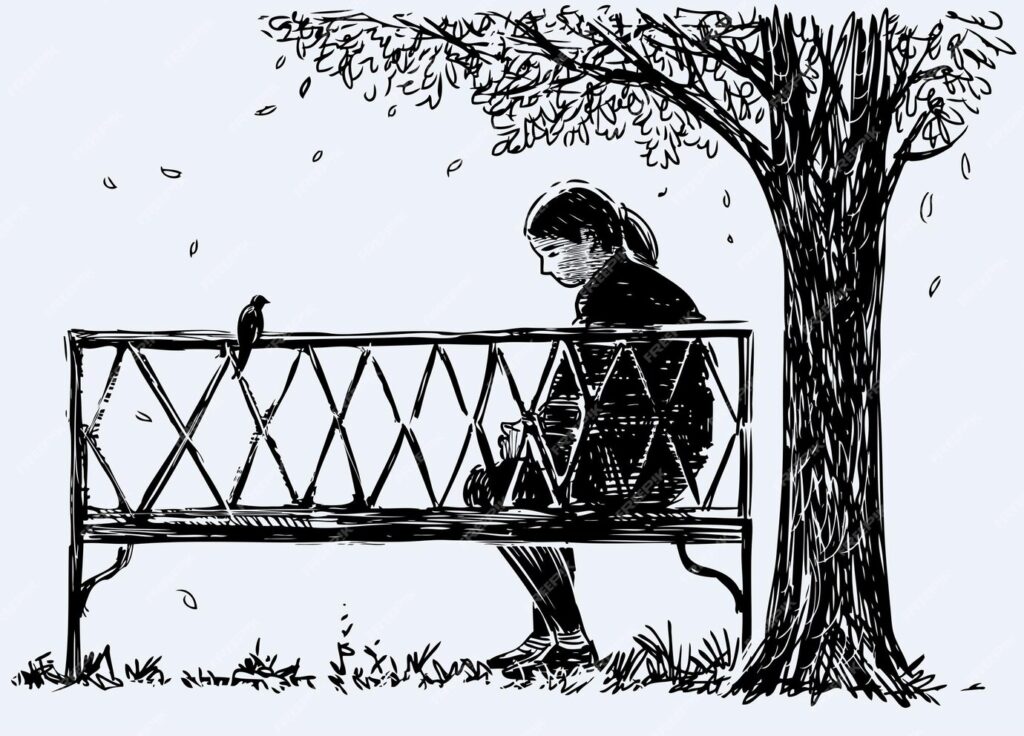Beauty
Beauty Taken from a Red Rock News Article (8/27/24) Rev. Dona Johnson | Sept 29, 2024 ‘Beauty is in the eye of the beholder’ is a somewhat true statement. When you look at a work of art, hike a certain trail with all sorts of beautiful terrain or love the beauty of certain architectural forms and fashions, you may fall head over heels over their beauty while others could care less and think otherwise. From fashion to architecture, the way things look have a significant impact on our emotions, behavior and even our decision-making. Beauty has the power to attract and distract us in many ways. Have you ever caught a glimpse of something so beautiful that it brought you to tears or left you speechless? Scientist believe that when we see something that we find aesthetically pleasing, our brains release dopamine, a neurotransmitter that makes us feel good. This is why we feel happy and uplifted when we see beautiful art, nature, or even a well designed product. The emotional impact of aesthetics also influences our behavior, our choices and how we show discretion towards others. There is also another popular idiom on beauty—’beauty runs skin deep.’ Scripture has much to say about human beauty. Yes, a person’s beauty is in the eye of the beholder, but there is so much more than physical beauty. What about a person’s character, values and love towards others? The world focuses on what people look like on the outside, but God focuses on what the person looks like on the inside. When Samuel chose the next king, God told him not to choose a king based on how they looked. God said to Samuel, ‘Man looks at the outward appearance, but the Lord looks at the heart’ (1 Sam 16:7). When people judge others solely by their outward appearances, they may overlook other qualities the person has because their physical appearance is not what the current cultures admires. Again in 1 Peter 3:3-4, we are told that our beauty comes not from outward adornment, certain hair styles, jewelry and clothes. Instead, we are to look at the inner spirit of the person—the love, mercy and compassion they extend to others. The world and its savvy marketing strategies want you to think that you are lacking beauty and self-worth because your home, the style of clothes you wear, the car you drive and the places you vacation are not trending. The world’s marketing has to a great degree defined what self worth is and what it isn’t. Generally speaking, marketing campaigns have stayed consistent over the decades. Generation after generation. The ultimate purpose? With our product/service, you will feel good enough. You will feel: happy, sexy, powerful, connected, rich, top-of-the-food-chain. The God-given soul of a person has a beauty all its own. It transcends all physical appearances, wealth and poverty, health and illness and status and fame. The Psalmist says that we were already created with self-worth: “I praise you because I am fearfully and wonderfully made; your works are wonderful, I know that full well” (Ps 139:14). God who created you gave you an intrinsic beauty that no one else or no other thing can give you. God’s character goes into the creation of every person. When you feel worthless, when you compare yourself to others and marketing ads and become discontent or hopeless with who you are or what you have, remember that God’s Spirit which is both perfect and beautiful is already within you. God deems you worthy of love. It is only through Jesus Christ and through his death and resurrection that all humanity is made worthy and given a special divine beauty. As we follow Jesus Christ, we take on a new internal beauty and attractiveness that transcends everything else. Amen.





